20 years ago, The Lord of the Rings trilogy came to a close with The Return of the King, garnering huge acclaim from critics and audiences, a staggering box office haul of over $1 billion, and 11 Academy Awards, including ‘Best Original Song’ and ‘Best Original Score’ for series composer Howard Shore. The spectacular symphonies of Middle-Earth have remained as popular as ever in the years since, so it came as no surprise to see the Royal Albert Hall packed with fans excited to experience The Lord of the Rings: The Return of the King in concert.

For this performance, Howard Shore’s music was performed by the Royal Philharmonic Concert Orchestra, alongside adult’s choir Philharmonic Chorus, children’s choir Trinity Boys Choir, young soloist Oliver Barlow and soloist Kaitlyn Lusk (who also performed the Academy Award-winning Into the West over the end credits), all conducted by Ludwig Wicki.
Narratively and musically, The Return of the King is very much the culmination of The Lord of the Rings trilogy. Most of the musical leitmotifs have been established in the previous films: the bombastic Fellowship theme, the Hardanger sound of Rohan, the creeping unease of Gollum’s theme and many more are weaved into the score. Shore’s theme for Gondor, teased in the previous films, plays in full – a wonderful piece which captures the heroism of its characters, yet also includes a hint of sorrow, a sense of a once-great kingdom fallen into ruin. This brilliant bit of symphonic storytelling is resolved at the end, when the theme reappears and in a more optimistic note at Aragorn’s coronation. Even the ending song Into the West is set-up in the score earlier on in the film in a touching scene between Gandalf and Pippin. In putting the emphasis on the music, it provides fans a chance to experience The Return of the King in a unique way that can’t be replicated at home.
There are so many standout sequences throughout the film, including the magnificent Battle of the Pelennor Fields (in which the armies of Rohan come to Gondor’s aid against the Orcs). The sequence starts with a building drumbeat and horns, building further and further into a heroic march and then reaching a crescendo with the Hardanger fiddle sound of Rohan. It’s difficult not to cheer on the Rohirrim in their charge – even after watching the film countless times over the years. Towards the end of the film, Aragorn’s ‘for Frodo’ brings in the full choir and orchestra for an epic variation of the Fellowship theme as the battle for Middle-Earth concludes in a musical moment that’s sure to give fans goosebumps.
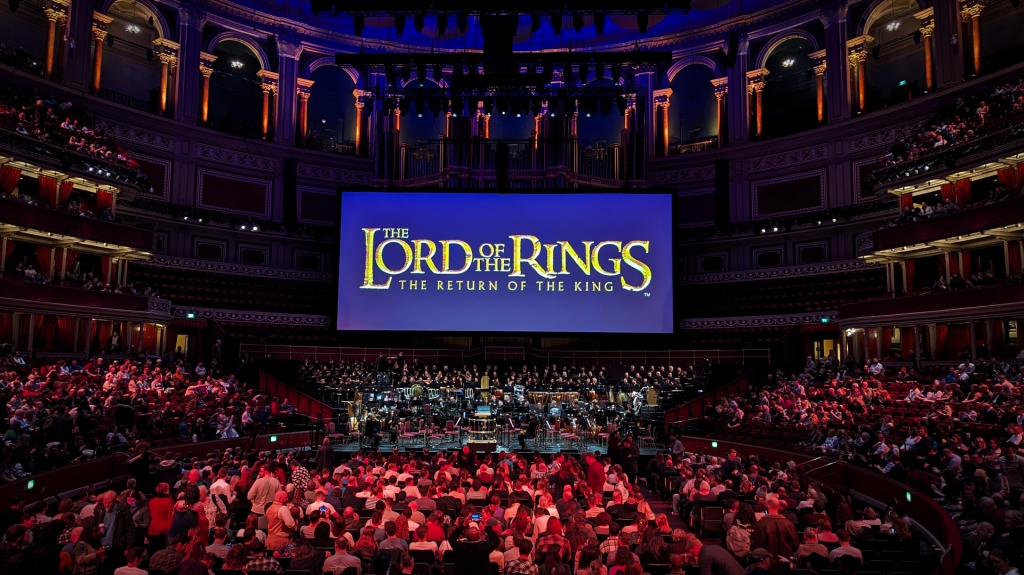
The Lord of the Rings is one of the few ‘perfect’ trilogies, with each film in the series a masterpiece of filmmaking, and it’s fair to say that The Return of the King is far from a disappointing conclusion. It swiftly balances action, humour, heart and horror (that Shelob sequence still sends a shiver down the spine), with some truly spectacular sequences. The version screened for this concert was the Theatrical Edition, which may disappoint fans hoping for the Extended Edition (and does mean there’s no Saruman or the Mouth of Sauron), although it still works very well in its abbreviated form. The film loses none of its epic scope, and considering that this ‘shorter’ version runs at a mighty 201 minutes, it’s not too surprising that the musicians would prefer that over the 251 minute cut…
Following on from The Two Towers In Concert a few months ago, it was amazing to experience the final installment at the Royal Albert Hall with Howard Shore‘s music performed live. It’s certainly one of the all-time great cinematic soundtracks, and well worth the price of admission for Tolkien fans, cinephiles and casual audiences alike.

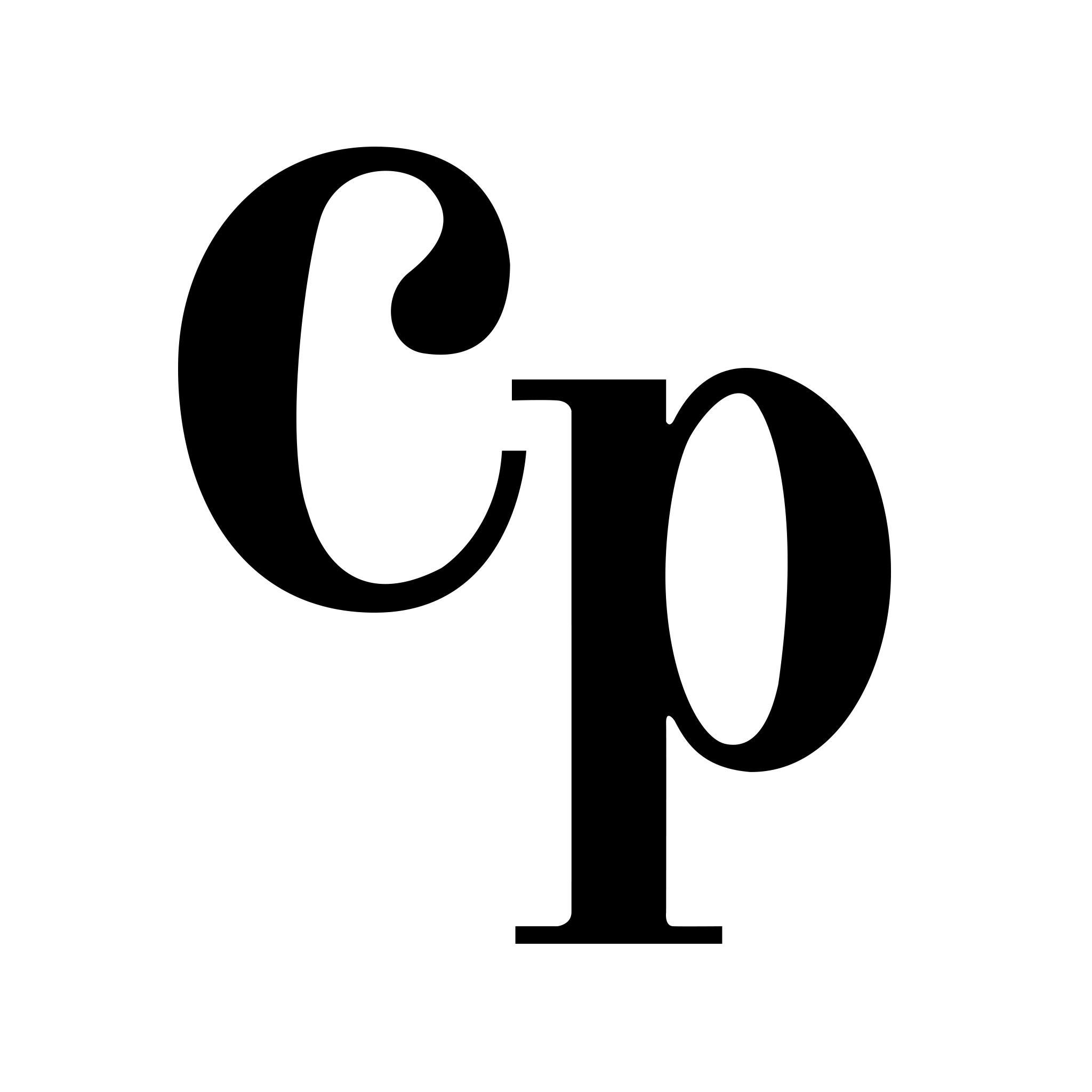



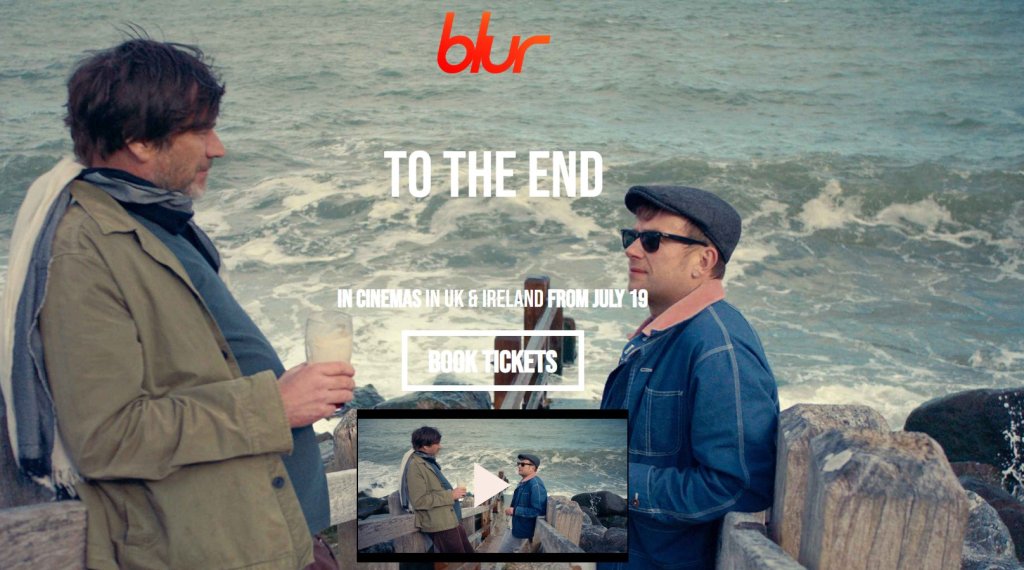


![The Cat And The Canary Blu-ray review: Dir. Paul Leni [Masters Of Cinema]](https://criticalpopcorn.files.wordpress.com/2024/04/image-5.png?w=1024)
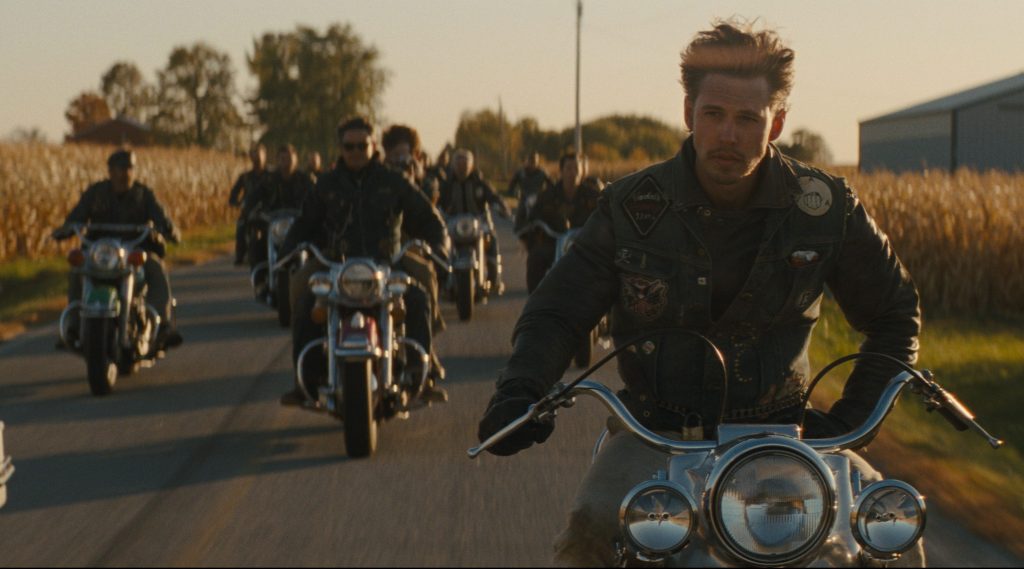
![Crimson Peak Limited Edition 4K UHD review: Dir. Guillermo del Toro [Arrow Video]](https://criticalpopcorn.files.wordpress.com/2024/04/crimson-peak-4k-arrow-video-highdef-digest-full.jpg?w=1024)


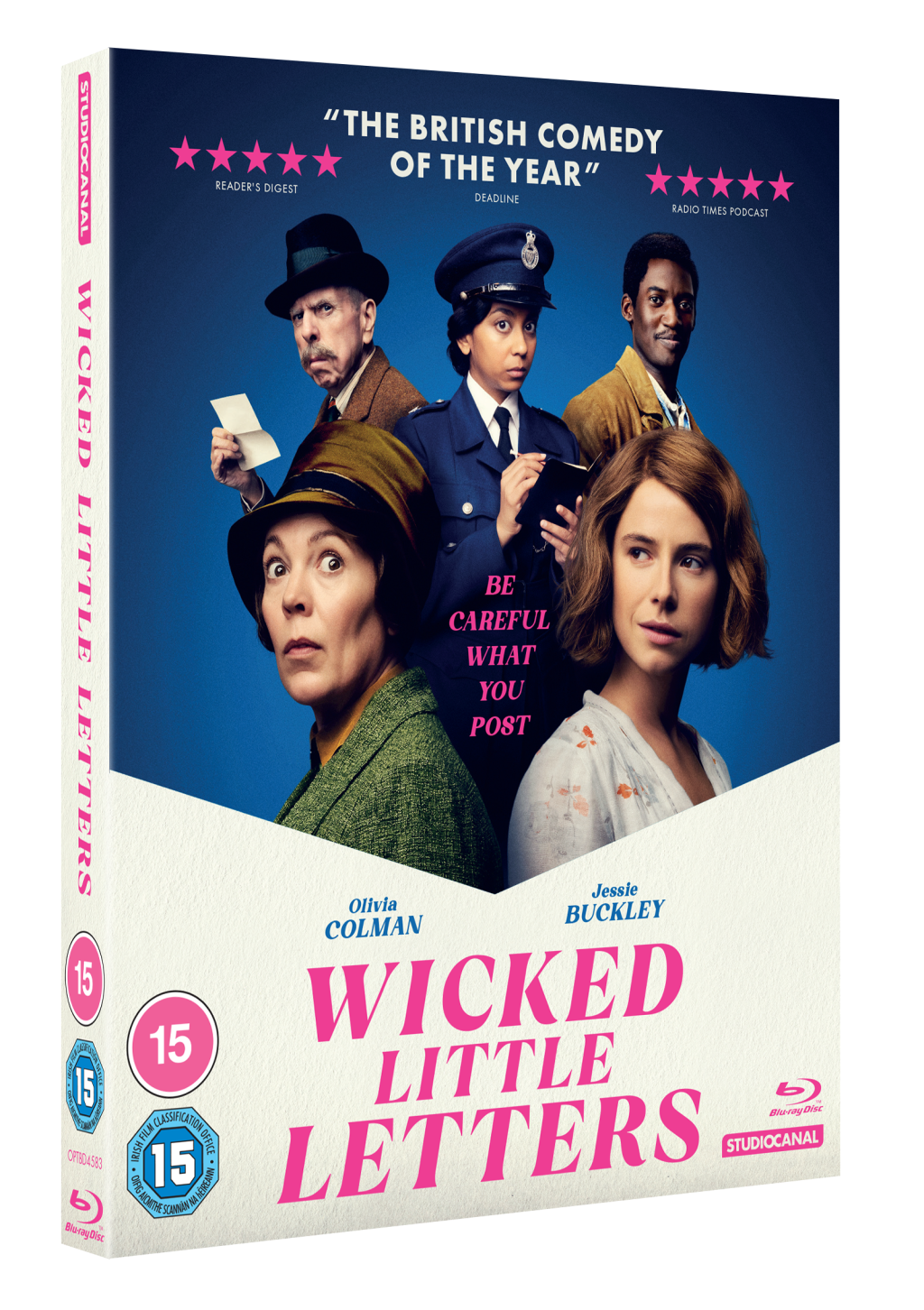
Post your thoughts